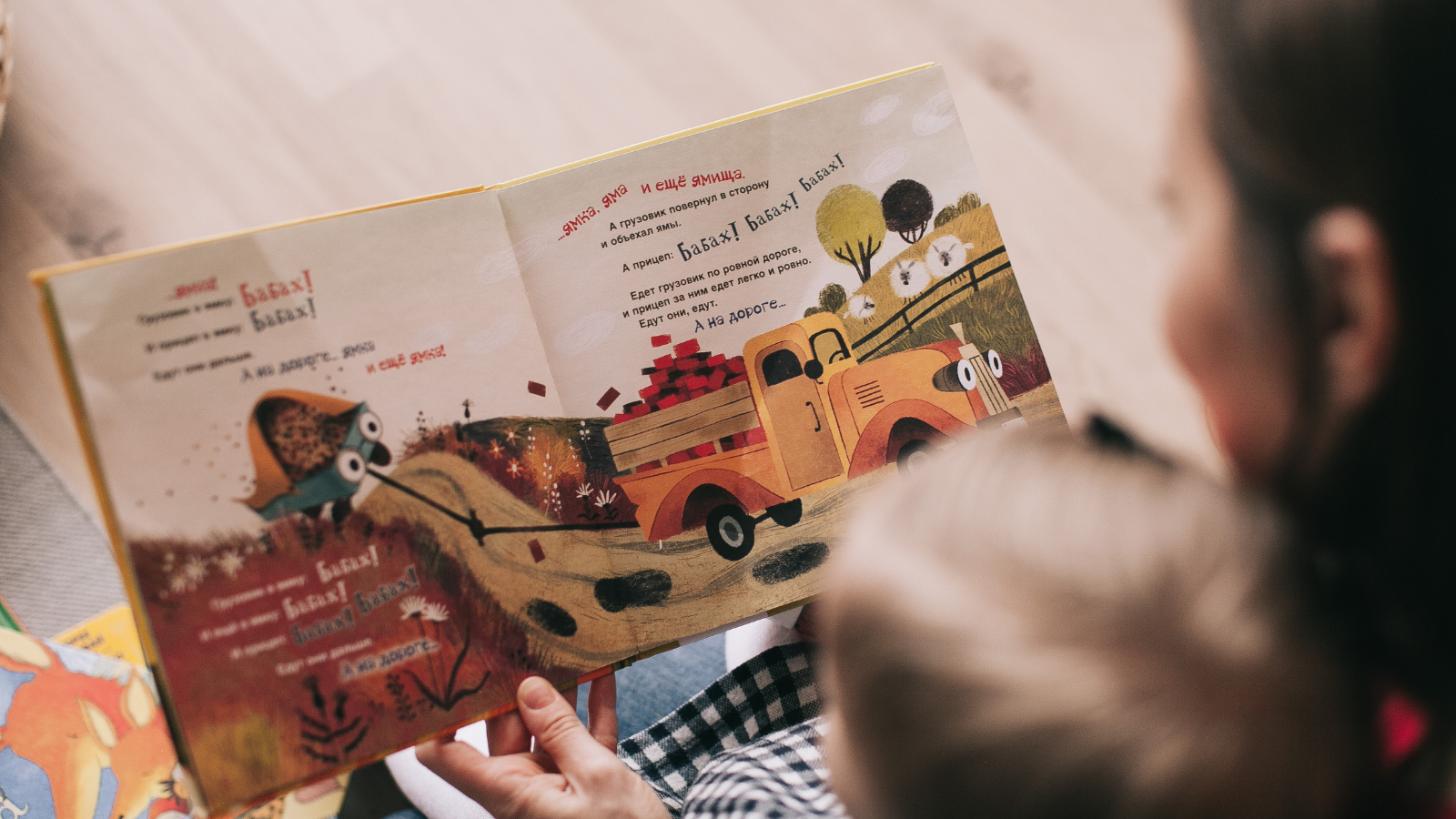Kids can experience stress for the same reasons that adults do, including a change in routine, family tensions, and inadequate sleep or nutrition. While some children keep their stress hidden, others display clear symptoms that should be noted and addressed.
Unplanned Circumstances
Many things can cause young children to become more fearful. Enrolling in a new daycare center, for example, places the child in a new environment where everything seems strange or unusual. A parent who is chronically or acutely ill can increase a child’s stress. Caregivers can do several things to help a child overcome a sense of fear. Offer reassurance that the situation is safe, and that noting bad will happen. Talk quietly and comfortingly about the situation, and let the child ask questions. Be honest about potential or real difficulties while providing assurance that everything is under control.
Change of Environment
Children who are adopted or placed in foster care as well as those who move to a new home or get promoted to the next childcare level may experience anxiety at first. Encourage children to talk about their feelings, including uncertainties about the new place and other changes that may accompany the transition. A new parent or caregiver can raise alarms in young ones who fear the unknown. In a new daycare center, show them around, and let the kids explore the accessible areas to see they are safe and fun.
Medical Issues
Preschool children with a serious medical condition or a temporary physical injury from playing a sport may worry about what is going to happen to them and if treatment will hurt. Parents and caregivers can explain the illness or injury as well as show age-sensitive information that outlines the medical problem in terms that kids can understand. Helping children to feel supported as well as enhancing their understanding of the issue may help to reduce stress as they learn to adapt.
Getting Along With Peers
Being bullied is not uncommon for young kids and can quickly cause stress. The problem should be dealt with promptly, so that the child knows the adults can help. Teaching kids how to protect themselves from bullying or the proper response to it by telling their adult relatives or caregivers will give them the tools they need for self-protection, thus reducing stress. A child who feels isolated with no one to play with can be introduced to other children in the class and integrated into playgroups or learning groups. Hearing the teacher’s introduction and thoughtful instructions to the group sets a useful example for future problems of this type when the child will have to make friends without adult assistance.
Some kids become stressed more easily than others. If you see signs of stress or anxiety, offer support by listening to the child’s concerns and providing helpful information. Discuss how to address the source of stress with the child as a model for critical thinking and problem-solving. A child who acts out with tantrums or withdrawal may need more listening and understanding from you than discipline and punishment.






